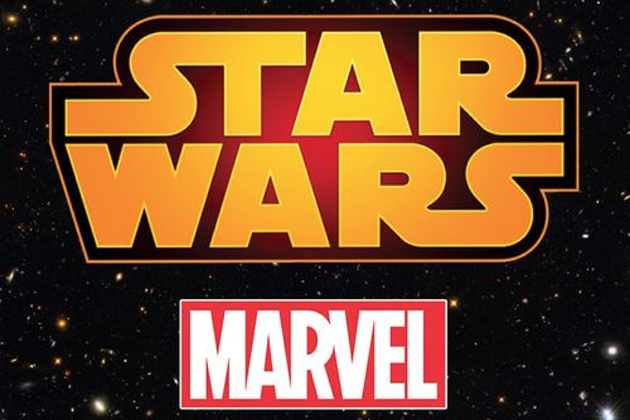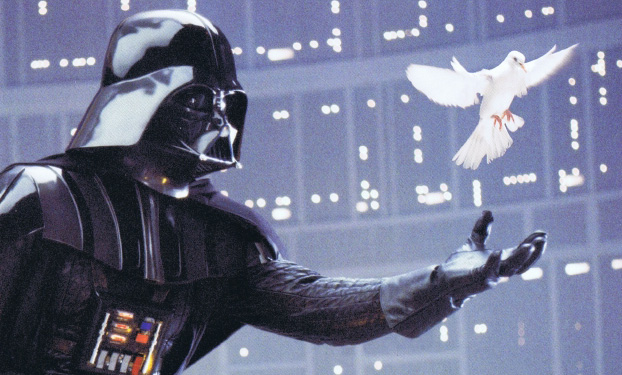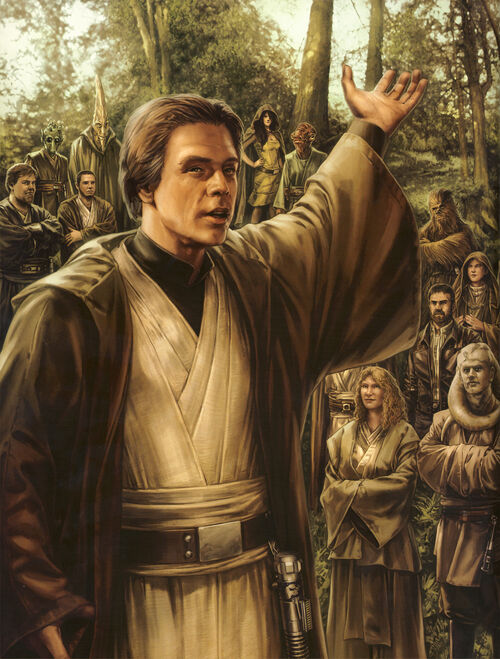
True story: the first time five of us got together for an Aggressive Negotiations chat, it took over a month to work out the scheduling—some of us had work, some were traveling, and Ben Crofts insisted on being British for some reason. So when the news broke yesterday that the license for Star Wars comics, as many have spent the past year sensibly predicting, would be leaving Dark Horse after this year and coming “home” to fellow Disney property Marvel, it surely must have been fate that most of us were able to get together only about twenty-four hours later to share our thoughts.
We’ll have some more polished reactions in the weeks to come (and don’t miss Becca’s early analysis of the license situation from late last year), but for now, enjoy our decidedly un-polished, un-copy-edited discussion. And cheers to the fine people of Dark Horse Comics for 23 awesome years.
Alexander: So, Marvel it is.
Mike: topic one: fuck
Ben: Plus probably reboot
Mike: that’s a good starting point: does the license switch guarantee a reboot?
Alexander: I don’t think it guarantees it, but I think it’s a very strong indicator of it.
Ben: I think it makes it more likely, yes
Mike: is there any precedent for continuity among competitors?
Jay: It certainly makes it more likely, especially if they want to keep a single universe
Jay: Del Rey / Bantam?
Jay: but Marvel is a different beast.
Read More

 One of our bigger early successes, traffic-wise, was a piece from Lucas Jackson on “the rise and fall of the supporting cast” in the Expanded Universe. Having interacted with Lucas on the
One of our bigger early successes, traffic-wise, was a piece from Lucas Jackson on “the rise and fall of the supporting cast” in the Expanded Universe. Having interacted with Lucas on the  When we were first getting this site up and running, I took a couple old pieces of mine from
When we were first getting this site up and running, I took a couple old pieces of mine from 